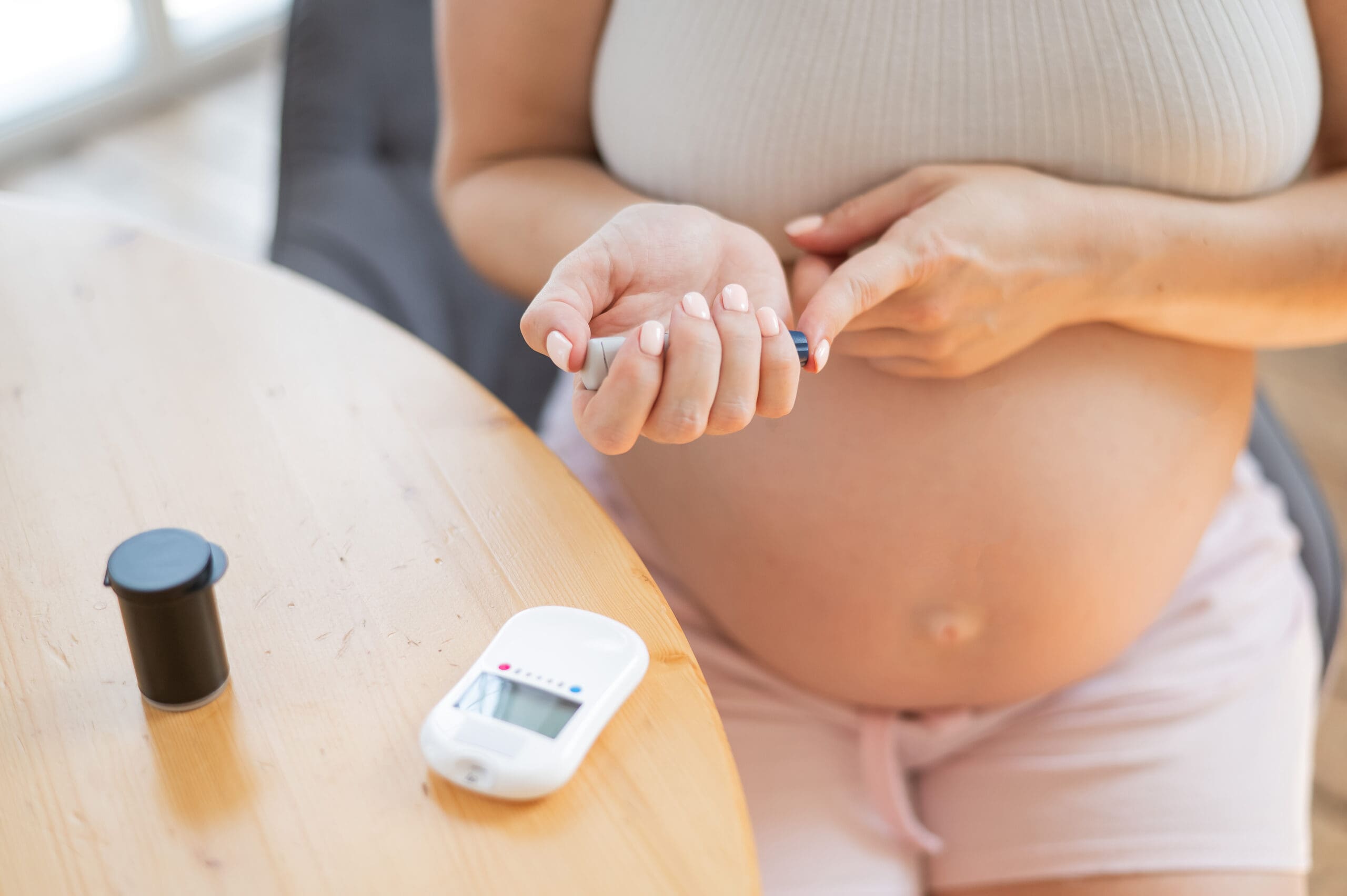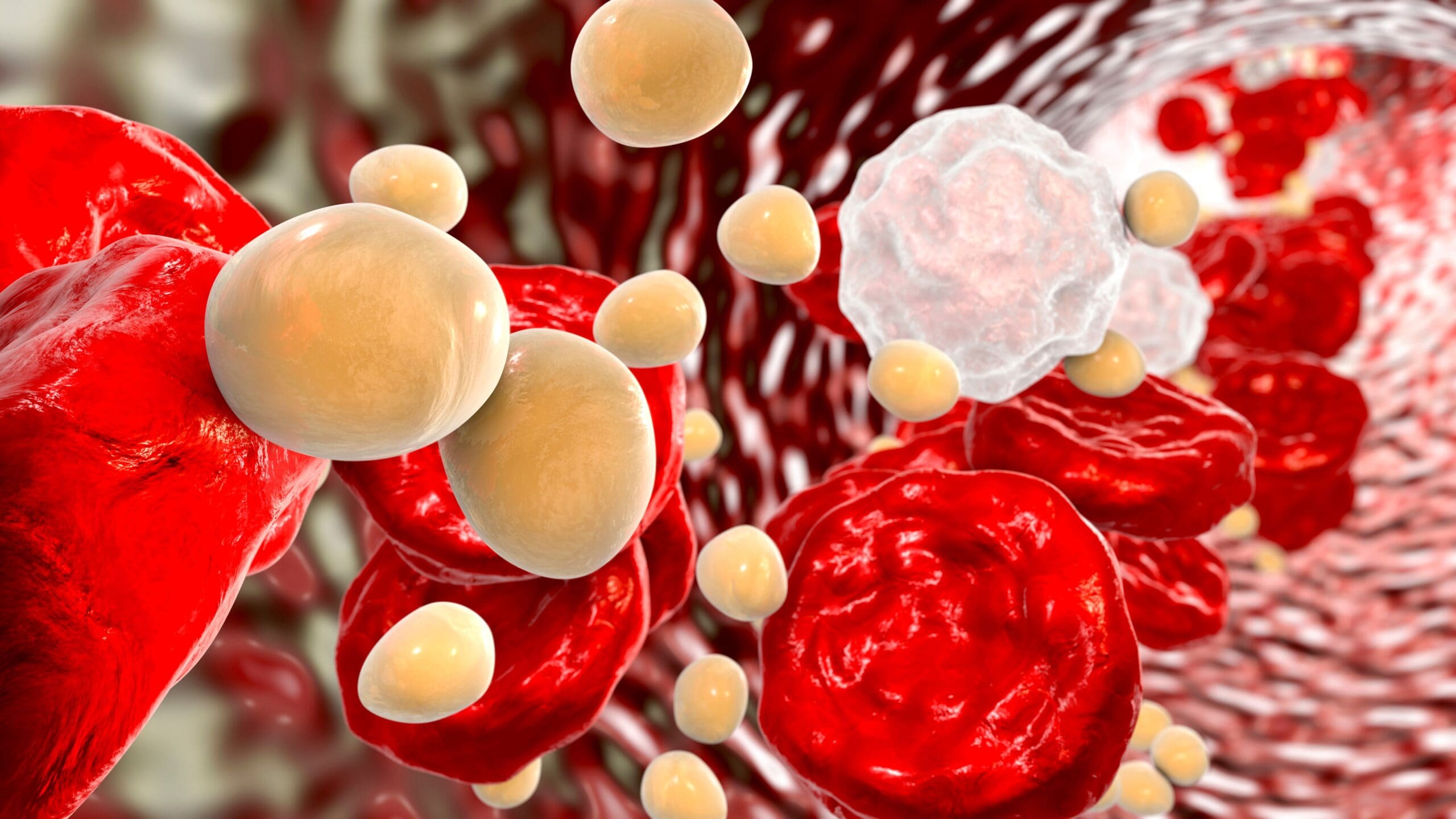One of the many common problems that people consult me on is anxiety when the source of that anxiety is unclear to them.
Most people misunderstand the meaning of “chemical imbalances” in the brain. Understanding how this works is important to progress and recovery if you are suffering from GAD (general anxiety disorder). A lot of people are anxious about being anxious and this is so common and yet so frequently misunderstood that such lack of knowledge leads to more anxiety.
Why you develop social anxiety has more to do with environment than it has to do with genetics. However, there may be combinations occurring. People do not generally understand that even if something is genetically influenced, this does not mean it is genetically caused. Social anxiety cannot occur unless events, situations and circumstances in the persons’ environment push buttons that lead to being anxious.
Anxiety about anxiety occurs when you first experience a fearful reaction, say, while shopping, riding in a lift, driving in a car or even in your home. Having experienced this anxiety (problem 1) you begin to become anxious in case you get anxious again (problem 2). This double-barrelled situation is the breeding ground for the development of your vicious circle of anxiety from which you find it so difficult to escape. Understanding this process is the first step to solving the problem.
Let me explain this vicious circle in greater detail. Once you have experienced anxiety “for no good reason,” you then bring an anxious attitude to the prospect of getting anxious.
You think something like “Wouldn’t it be terrible if I got anxious.” Thinking in this way actually leads to anxiety. It’s like a self-fulfilled prophecy. You then notice your anxiety and think something like “Oh my god, I’m getting anxious.” This leads to increased anxiety which triggers a further thought like “Oh my god, I’m losing control. What if I faint (or panic, have a heart attack or act crazily); wouldn’t that be terrible!” Anxiety is again heightened which leads to more anxious “thinking” and so on.
People tell me that “I felt anxious and it was out of the blue.” This pattern occurs incredibly quickly and you probably are only aware of a building sense of panic. In addition, you may be one of a large number of people who “over-breathe” when you get anxious. This means that you take in too much oxygen and feel, paradoxically, that you need to breath in more air, whereas you actually need less.
“Over-breathing” leads to such sensations as tingling, faintness, giddiness and heart palpitations. Without knowing this, you may consider that these sensations are evidence that there really is something wrong with you and “that would be awful.” This though leads to more anxiety and the vicious circle continues.
Without the presence of the anxious attitude of “wouldn’t it be terrible,” panic would probably not occur even if you tend to over-breathe so it is this anxious attitude that you need to identify and change if the seeds of problem solution are to be sown.
However, very few people understand this and therefore this explanation is not common knowledge. As such, what you may have done is to avoid situations where you fear you might be anxious. If you don’t avoid these situations you may continue to face the anxiety-provoking situation by using a number of common techniques, which are designed to distract yourself from your anxiety (e.g. relaxation, counting to ten, drinking, etc).
These can be helpful in the short-term but more often do not solve the problem and in the case of the use of alcohol to quell anxiety it is positively hazardous. Particularly if you have a predisposition to addiction.
People self-medicate to avoid feeling anxious. This is a deadly practice and can lead to addiction of the drug of choice. Sugar is more powerful than cocaine………… Hard to believe but it’s true. How many of us use food for comfort? How many of us reach for the bottle to soothe our “shattered” nerves or perceived anxiousness to combat fear of the unknown.
What can be done? First, distinguish between the attitudes of “uncomfortable” and “terrible.” Terrible probably means to you literally the end of the world.
I always ask myself:
1. Is it life threatening?
Of course, it’s not.
2. Is it fact or fiction?
How paranoid am I?
3. If it is a fact (true) then how important is it?
Will it bother me in 6 weeks’ time? I’ll probably have trouble remembering it this time next week. This is for minor anxious moments only – not for major anxiety.
4. If it is important and it is factual – what am I going to do about it?
Courage means commitment, doubt and action. Without a certain about of doubt, there can be no courage.
Anxiety is not the end of the world. It is uncomfortable, damned uncomfortable at times, but it is not terrible unless you define it as such. If you do define anxiety as terrible then you will take another trip around your vicious circle.
If you get anxious you have to show yourself that anxiety is uncomfortable, bad, inconvenient but it is not dangerous and it is not the end of the world.
Second, show yourself this in the situation you have tended to shy away from. This sounds simple and it is BUT IT IS NOT EASY! Remember this distinction, it is an important one. You have trained yourself to think that anxiety is terrible and your body reacts to this definition.
It is going to take some time for you to retrain yourself and think that anxiety is damned uncomfortable but not terrible. And it will take longer for your body to react to your new definition.
Third, the following principle is very useful. It’s “challenging but not overwhelming.”
By this I mean that if you believe that a situation would be overwhelming for you, then it is perhaps better not to face it yet. But it would be a mistake to go very gradually and only do things that you can do comfortably.
Overcoming anxiety means tolerating discomfort so it is important to face and not shy away from feeling uncomfortable. You need to change your thinking to change your feelings (emotions) to change your behaviour (reaching for food, alcohol, etc.)
So choose to start with an experience you will find a challenge. If you don’t succeed with this, remember that is unfortunate, not “terrible.”
Keep applying this principle of “challenging but not overwhelming.”
Choose a challenging situation, face it and practice the attitude of “anxiety is damned uncomfortable but not terrible” while you are facing it. If you fear panicking remember that panic (or a “ten” as sufferers call it) lasts only for a very short time even though it seems endless at the time. So use the same attitude to panic. “If I panic, I panic, that’s damned unfortunate but not terrible.” It’s not life threatening.
If you tend to “over-breathe” it is important that you gain control of your breathing. . Controlled breathing involves your taking smooth, slow, regular and fairly shallow (not deep!) breaths.
Breathe in through you nose and out though you mouth in regular (in-out) cycles. Twelve such cycles per minute is often helpful, but find your own comfortable breathing rhythm.
These cycles regulate the amount of oxygen you take in so that you do not experience the tingling, fainting and giddy sensations (as well as palpitations, etc.), which are associated with “over-breathing.”
Applying these anti-anxiety attitudes and techniques like controlled breathing does unfortunately require lots of practice but I have seen many of my clients make steady progress (setbacks do occur and are to be expected) and I predict if you closely follow these guidelines you will also learn to escape from your own vicious circle of anxiety.
Another question I often ask myself when faced with an anxious moment: “Is this a total disaster or just a disappointment?” 99-1/2% of the time it’s only a disappointment – in fact, I don’t even remember a disaster so it’s really 100% of the time it’s only a disappointment.









Leave A Comment